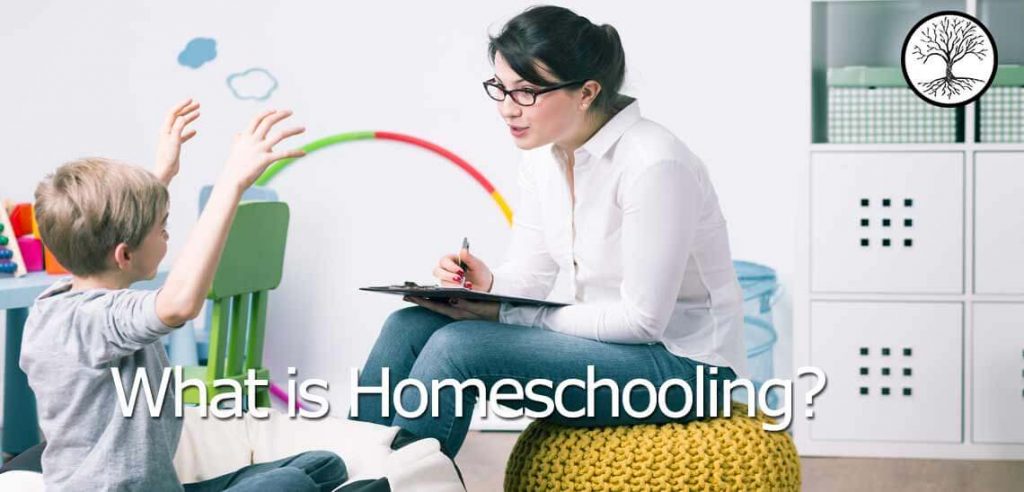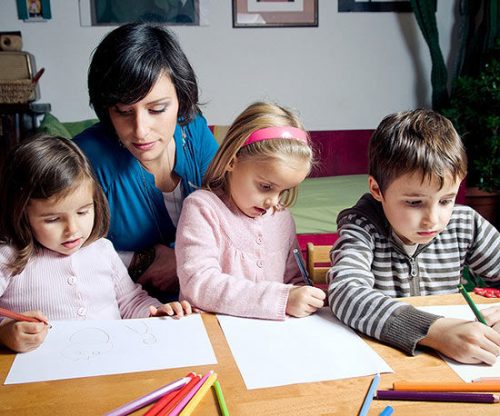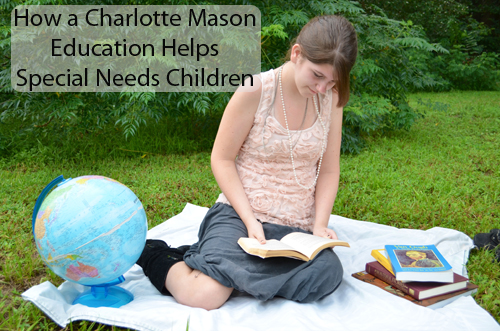
There is more than one option to demonstrate homeschool learning to your kids at home. Choosing an appropriate philosophy to follow is possible as well. “Of course every situation is different: the child, the public and private school options, and your ability and motivation to home-school,” says Marty Nemko Ph.D.
The majority of homeschoolers contemplate on the method of learning as comprehensive. Due to flexibility, families have the option to blend and choose various plans that would fit the needs of their children at different stages of their development. For this reason, it’s quite rare for families to conform within the confines of particular learning philosophy. “Homeschooling is not the best option for every family, but there are many benefits to this approach, and it can work very well in some situations,” says child psychologist Dona Matthews Ph.D.
If you are considering homeschooling your children but don’t have any idea of what the learning methods are, here are some of the most common preferences:
The Classical Method
Also called the Socratic Method, the classical learning method is derived from the Trivium. The Trivium is a type of teaching method that follows children’s cognitive developmental phases. These phases consist of an abstract, concrete, and analytical thinking. The majority of the framework focuses on the Latin and Greek languages with the inclusion of literary and philosophical classical pieces.
Stages of the classical method:
Grammar stage – the first stage that lets children focus on the figures and facts
- Logic stage – the second stage that teaches the correlation between specific events along with the cause-effect theory
- Rhetoric stage – the final phase that focuses on students freely expressing their unique thoughts on particular topics through writing and speech

The Traditional Method
Following the concept and structure of a conventional learning system, the traditional method is executed with parents utilizing workbooks, textbooks, and exams to teach and track children’s improvement. A defined area inside the house is mainly designed and dedicated to homeschool hours. Though this may be the first option that a lot of parents might consider since they wanted to emulate a regular school type of environment, homeschooling was created to mainly take the kids from a traditional surroundings to a more personalized one.
The Unschooling Method
Unschooling is the homeschooling equivalent of “I can do whatever I want but in an educational kind of way.” This method of home-based educational philosophy and approach advocates student-preferred activities as the primary basis for learning. Parents who’ve chosen unschooling demonstrate profound trust in their children to acquire morale from day to day experiences without utilizing the formal classes and school itinerary. Children who are unschooled learn science, history, reading, and math by pursuing their curiosities and interests.
While unschooling allows children the liberty of researching abilities and uncovering skills to achieve expertise in their chosen areas, children may find it difficult to cope with assessments if parents have decided to enroll them in a typical school.

The Charlotte Mason Method
Developed by Charlotte Mason in the 1800s, this homeschooling method believes that students are not merely vessels who need to be stuffed with information but are human beings that reserve their right in being respected regarding learning and acquiring knowledge. Mason reiterated that children must be allowed to create, play, and get involved in different real-life scenarios where they can learn and comprehend.
Instead of sticking with textbooks, students who adapt to the Charlotte Mason method are immersed in historical places like art museums where they can get in contact with the actual historical, literary pieces and manuscripts. Students are also introduced to nature by taking hikes and are taught about the universe by going to planetariums.
Homeschooling is not just a home-based replication of a traditional school system because, unlike regular schools, homeschooling can be patented from different sources and materials that parents can use to mold and educate their children. According to Jessica Koehler Ph.D., “Based on decades of scientific studies, we know there are only a handful of techniques that you need to understand to enhance learning in multiple subject areas.” Aside from the abovementioned methods, there are still tons of popular ones that parents can consider. They just need to find what’s the most suitable mode of learning for their kids.
